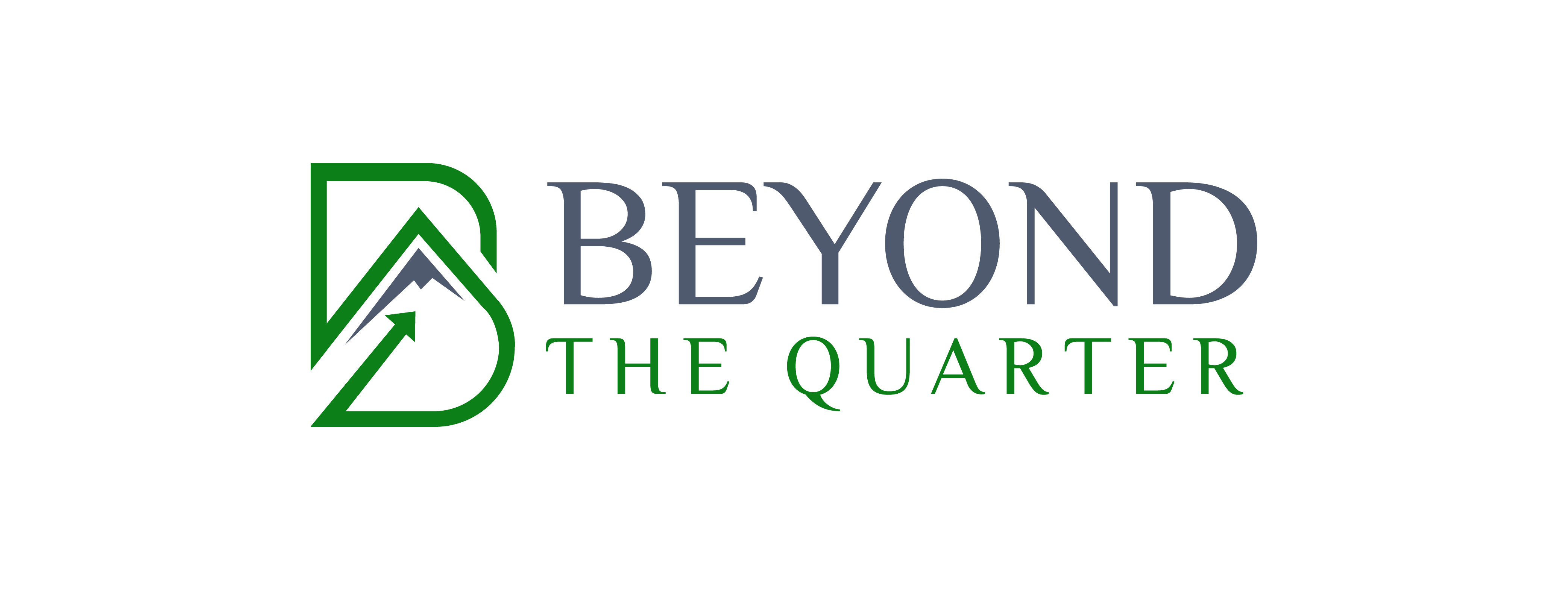Knowledge is power. I still hear this all the time. Sure there’s truth in it, but it’s also simplistic and dangerous.
Knowledge hoarders are often bottlenecks. Sometimes intentionally so, knowing that being the only people who can do certain things can make them indispensable.
For a while at least.
Those of us in technology all know the contractor who protects his turf by building monolithic and impenetrable code. Being the only guy (and it’s always a guy) who can keep it working keeps him in high day-rate work, even if he’s only paid begrudgingly by the client who rarely feels that real value is being created.
The approach I advocated in my team was that “knowledge shared is power”. To back it up, we put in place days for the team to get together and share what they’re learning (we called them community days). And recognition came with mentoring, sharing work lessons, or running sessions to share R&D.
People were still motivated to improve their knowledge, except it was for the privilege and recognition of sharing it with their teams. Learning deepened – teaching something forces you to know it better. Learning broadened – people got together to learn things they’d not normally be exposed to. It created a virtuous cycle of continual improvement.
